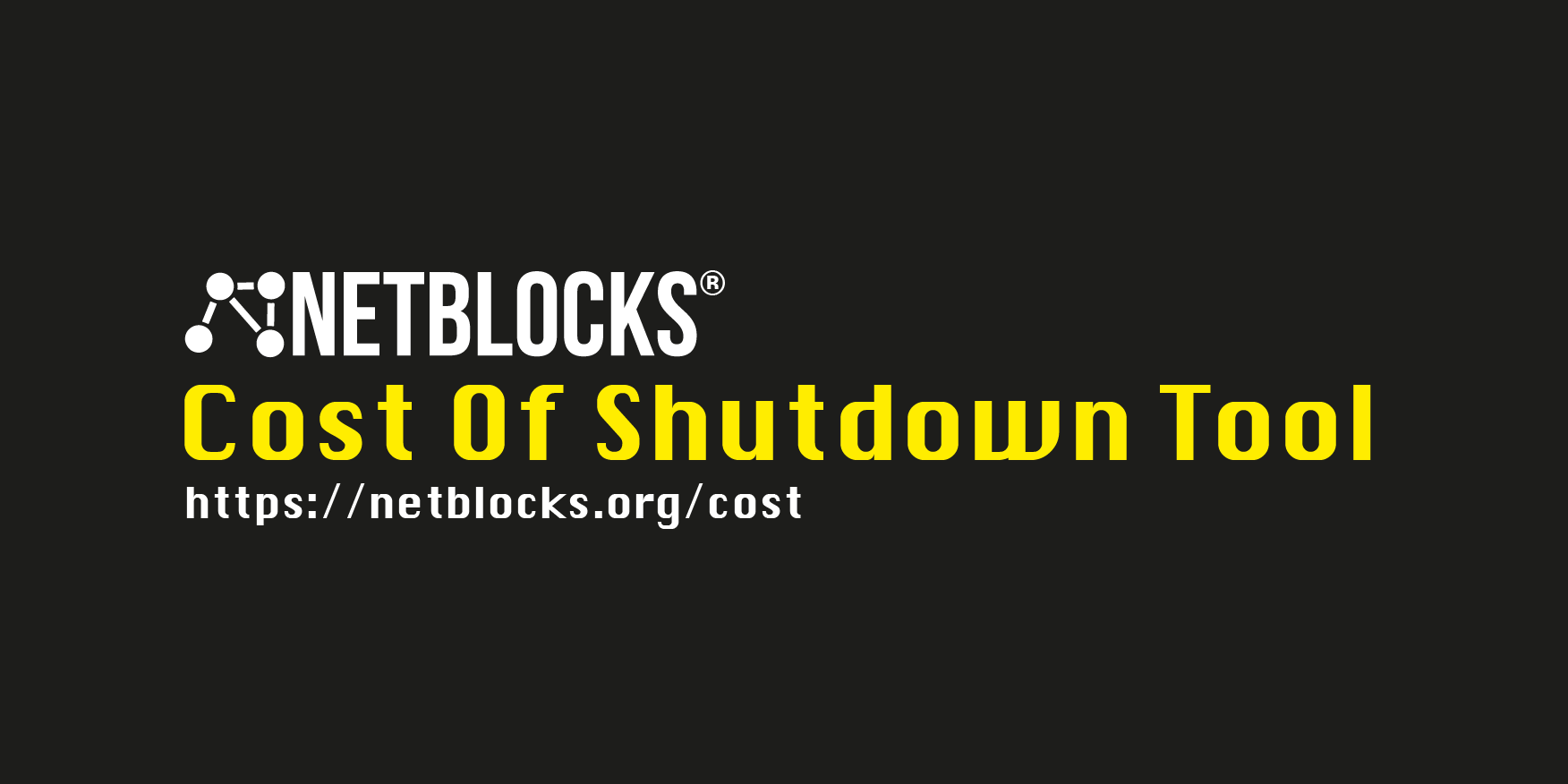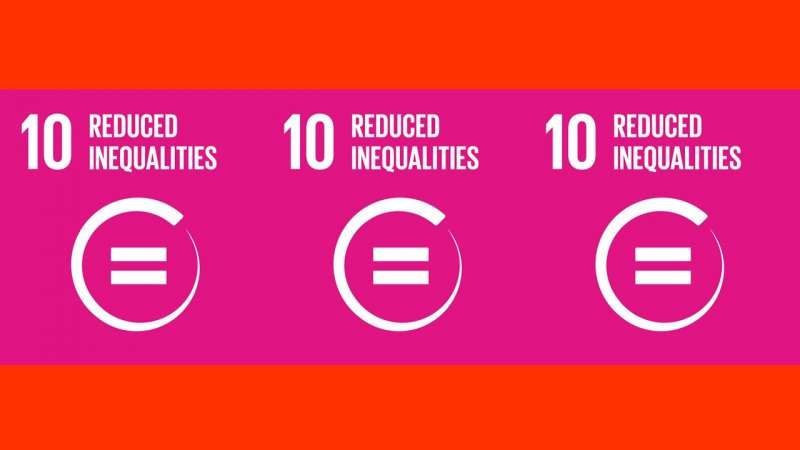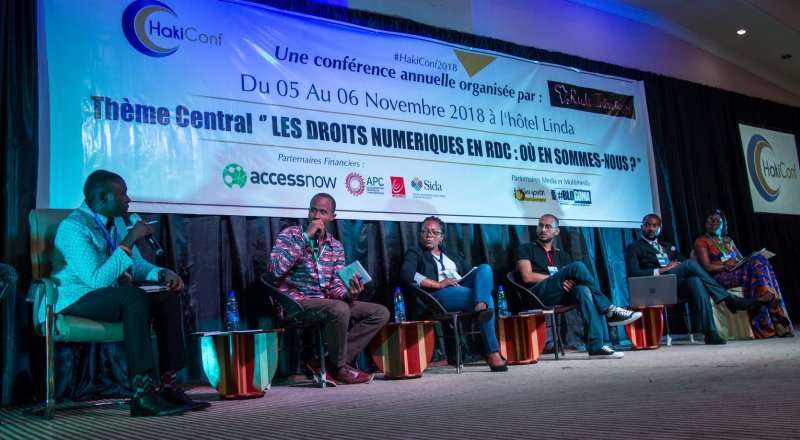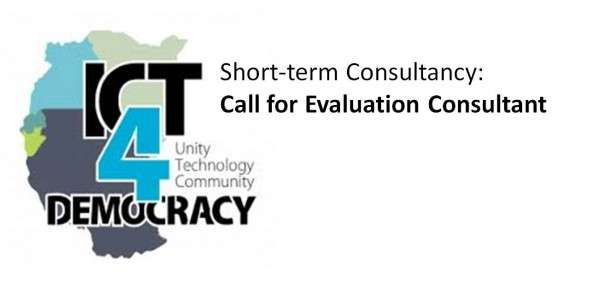By Tomiwa Ilori |
Transparency and accountability in governance are key tenets of participatory democracy. To this end, Sweden was the first country in the world to introduce a right to information (RTI) law back in 1766. Finland followed in 1919, and to-date, over 100 countries across the world have enacted laws that give citizens the right to access information in the hands of government.
In Africa, 21 countries have passed Freedom of Information (FOI) laws, while 16 have proposed laws. Most countries have constitutional provisions for the right to information, pursuant to obligations under various international and regional instruments. These include the Universal Declaration of Human Rights, the International Covenant on Civil and Political Rights (ICCPR), the African Charter on Human and Peoples’ Rights and the Declaration of Principles on Freedom of Expression. A model law on access to information for Africa was prepared by the African Commission to serve as a template and encourage more countries to adopt legislation embodying international, regional, and sub-regional standards.
Meanwhile, there have been regional efforts to ensure citizens’ realisation of the right of access to information. Civil society organisations together with the African Union and African Commission on Human and Peoples’ Rights adopted the African Platform on Access to Information Declaration in 2011. There was also the Midrand Declaration on Press Freedom in Africa in 2013 which recommended that African countries take up open governance culture through access to information laws. However, the reality for most countries is that information requests are routinely refused or ignored, with citizens sometimes turning to the courts in order to access information in the hands of government.
Nigeria passed its freedom of information law in 2011. Under the Act, public institutions and “private companies utilising public funds, providing public services or performing public functions” are mandated to make public records and information freely available, guarantee citizens’ right to be duly informed of facts relevant to them and maintain records of all activities, operations and businesses. Without specifying whether its calendar or working days, the law provides for a response time to information requests of seven days. This may be extended if the request involves a large number of records or consultations have to be made. Proactive disclosure is also provided for under the law. Information exempt from disclosure includes that related to international relations, defence, law enforcement and investigations. Wrongful denial of information is an offence under the Act, punishable with a fine of Nigerian Naira 500, 000 (US$1,400).
The Attorney General of Nigeria is mandated to collate information on implementation of the Act based on information from the various government entities. According to statistics from the official FOI website, the number of requests made by citizens is on the decline. In 2013, 1,183 requests were recorded, of which 48 were denied. The following year, requests dropped by three quarters to 314, 35 of which were denied. Requests further dropped in 2015 to 217, of which 36 were unsuccessful. Figures for subsequent years are unavailable but denial of access to information remains prevalent.
In a May 2018 case, a human rights lawyer was denied information on fuel imports by the Nigerian National Petroleum Corporation (NNPC). The corporation argued that it was established “by law to manage the commercial interests of Nigeria in the oil and gas sector of the economy and conduct trade therein”, and was therefore not a public institution within the meaning of the Freedom of Information Act.
The following month, a Nigerian court denied an access to information request for details of the President Muhammadu Buhari’s medical bills. The request was filed to the Central Bank of Nigeria by the Advocacy for Societal Rights Advancement and Development Initiative (ASRADI).
Some cases of denial have compelled requesters to seek orders for disclosure. For example, the Nigerian Contract Monitoring Coalition initiated a court case and succeeded in compelling the Power Holding Company of Nigeria, the Electricity Distribution Company Plc and the Nigerian National Petroleum Corporation to release information, which had initially been denied.
Courts have also set precedent in proactive disclosure by public institutions. In February 2014, a Federal High Court ordered the National Assembly to make its financial records accessible to members of the public through the provisions of the Freedom of Information Act of 2011. This galvanised the #OpenNASS advocacy campaign. More recently, the Court of Appeal in the Akure Division, Ondo State, ruled that the Act is applicable across federal states. This has put to rest the debate as to whether States in Nigeria need to comply with the provisions of the Act.
The situation in Nigeria mirrors that in Uganda whose access of information law was passed in 2005 but challenges still persist. The law has remained largely unimplemented because many public institutions have a culture of secrecy –they rarely release information pro-actively and routinely ignore citizens’ requests for information. Where government information or data is available, it is often not in reusable formats. Likewise, most citizens are not empowered to make information requests due to ignorance of the law, thus undermining participation in civic engagements and governance processes.
Furthermore, implementation of the access to information law in Uganda is hindered by limitations to the bodies or organs to which information requests can be made – the law excludes private entities and civil society. Like Nigeria, information exempt from access in Uganda includes that related to privacy of an individual, defense, security, international affairs, legal proceedings and law enforcement. The response time for a request is within 21 days of receipt. Wrongful denial of requests is punishable under the Act with a fine of Uganda Shillings 4,800,000 (US$1,300) or imprisonment for three years or both.
User statistics from Uganda’s Ask Your Government portal show that since its launch in June 2014 to-date, 2,647 requests have been made to 106 agencies. Out of these, 231 are indicated as successful and 40 unsuccessful. With over 2,300 requests awaiting responses beyond the 21 days limit, the majority can be regarded as refusals pursuant to section 18 of the Access to Information Act (ATIA), 2005. The section states: “where an information officer fails to give the decision on a request for access to the person concerned within the period contemplated under section 16, the information officer is, for the purposes of this Act, regarded as having refused the request”.
Some Ugandan citizens have also opted to seek redress from the courts for denied requests. In 2009, two Ugandan journalists sued the government over failure by the Solicitor General to grant access to information regarding oil production, prospecting and exploitation agreements. The case was dismissed on the basis that a clause in those agreements provided for confidentiality.
In a landmark case, on February 2015, a Chief Magistrate’s Court in Kampala ruled that the reasons for which information is requested or the belief about how it will be used “are irrelevant considerations” in determining government’s approval or denial of a request. The ruling came after the Hub for Investigative Media was denied access to information related to activities of the National Forestry Authority funded by the World Bank between 2009 and 2011.
Implementation of access to information laws in Nigeria and Uganda shows that there is a lot to be done with respect to giving life to the existing legislation. Some of the ways through which the policy and practice gaps can be overcome is through records digitisation in all public institutions. This will not only help to save time in operations, it will also help with efficient record-keeping, search, retrieval and disclosure. Equally, translating freedom of information laws into local languages will help raise awareness on the rights of citizens and the obligations of duty bearers which will go a long way in realising the objectives of the FOI laws. Implementation of the laws can also be fast-tracked through compliance reporting to parliament by state institutions.
Ultimately, the experiences of Nigeria and Uganda show that courts are proving to be a means of recourse, and if effectively utilised, have the potential to set national and even regional precedent to make it easier for citizens to exercise the right to information.






